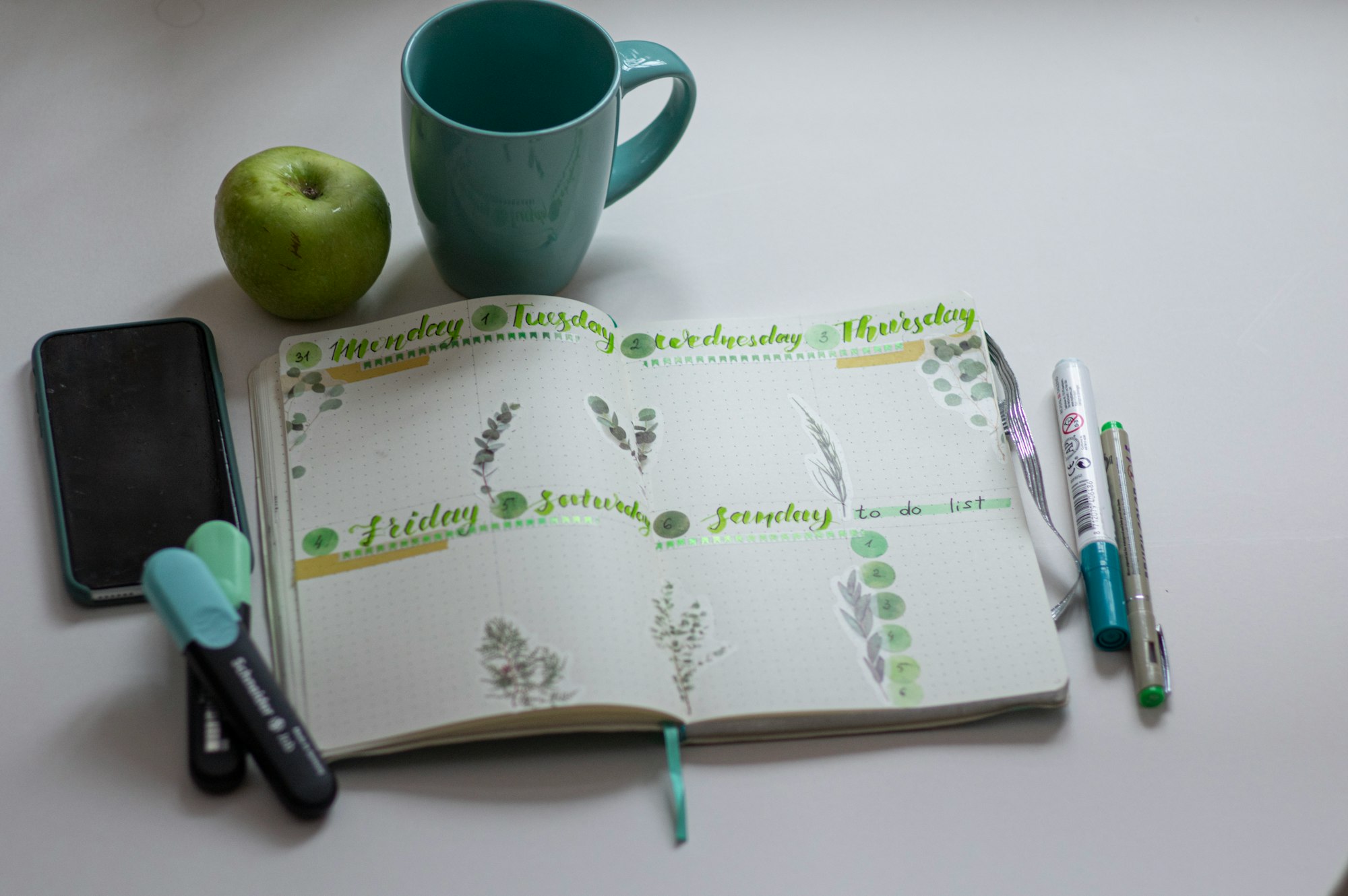Spy Wednesday: When Betrayal and Devotion Stood Side by Side

Walking Through Holy Week, Part Four
We encounter a day of stark contrasts as we reach the midpoint of Holy Week. Known as "Spy Wednesday" in many traditions, this day commemorates one of the most troubling moments in the Gospel narrative: Judas Iscariot's agreement to betray Jesus. Yet alongside this act of ultimate disloyalty, we find a story of extravagant devotion that challenges our understanding of what Jesus truly deserves.
Two Responses to Jesus
"Then one of the twelve, who was called Judas Iscariot, went to the chief priests and said, 'What will you give me if I betray him to you?' They paid him thirty pieces of silver. And from that moment he began to look for an opportunity to betray him." (Matthew 26:14-16)
"A woman came to him with an alabaster jar of very costly ointment, and she poured it on his head as he sat at the table. But when the disciples saw it, they were angry and said, 'Why this waste? This ointment could have been sold for a large sum, and the money given to the poor.'" (Matthew 26:7-9)
These two passages capture the tension of this day. In the first, we see Judas—one of Jesus' closest companions—coldly negotiating a price for betrayal. The thirty pieces of silver (roughly four months' wages for a laborer) represented what Judas thought Jesus was worth.
In sharp contrast stands the woman with her alabaster jar of perfume. This wasn't just any perfume—it was worth nearly a year's wages. Without hesitation, she breaks the jar and pours its contents over Jesus' head. While others calculate what was "wasted," she offers everything in a moment of pure devotion.
The juxtaposition is powerful:
Judas seemingly values Jesus very little, while the woman recognizes His immeasurable worth.
Why "Spy" Wednesday?
The unusual name "Spy Wednesday" comes from the secretive nature of Judas' actions in this moment. After striking his deal with the chief priests, Judas began looking for an opportunity to betray Jesus away from the crowds. Essentially, he began "spying" for the perfect moment to turn Jesus over. Betrayal often works not through open opposition but hidden calculations and secret compromises.
The Judas Within
Perhaps the most uncomfortable aspect of Spy Wednesday is how it invites us to see ourselves in Judas. That's not a comfortable position to be in, is it?
Few of us would openly betray Christ, yet we all know what it's like to calculate what following Jesus "costs" us—in comfort, wealth, status, or convenience. We understand the temptation to use our proximity to Jesus for personal gain rather than surrender and transformation.
We can understand, too, that betrayal rarely happens in a single moment – one big, bad decision. For Judas, the thirty pieces of silver were likely the culmination of a long process of disillusionment and self-interest. The Gospel of John hints that Judas had been stealing from the disciples' money (John 12:6), suggesting a pattern of small compromises that paved the way for the final betrayal.
When we find ourselves measuring out careful portions of devotion while holding back what matters most, we walk perilously close to the path of Judas.
Learning from the Woman with the Alabaster Jar
The counter-example to Judas is the woman with her alabaster jar. Her act seems impractical, excessive, even wasteful—and that's precisely the point. True devotion transcends practical calculation. She teaches us that Jesus deserves everything we have, not only our excess or that which we can conveniently spare.
Notice how she breaks the jar in Mark's account (Mark 14:3), ensuring nothing can be held back or saved for later use. It's all or nothing. While the disciples question her "waste," Jesus defends her extravagance: "She has done a beautiful thing to me" (Matthew 26:10).
A Prayer for Spy Wednesday
Lord, guard my heart from betrayal and teach me the extravagant devotion of the woman who held nothing back from You. Help me recognize the subtle ways I calculate what following You will "cost" me. When I'm tempted to sell out for comfort, popularity, or security, remind me of Your immeasurable worth. Break my alabaster jar of self-protection so that I might pour out everything in wholehearted worship. Amen.
In what ways do you struggle between calculated devotion and extravagant worship? Share your reflections in the comments below.
Subscribe today









Member discussion